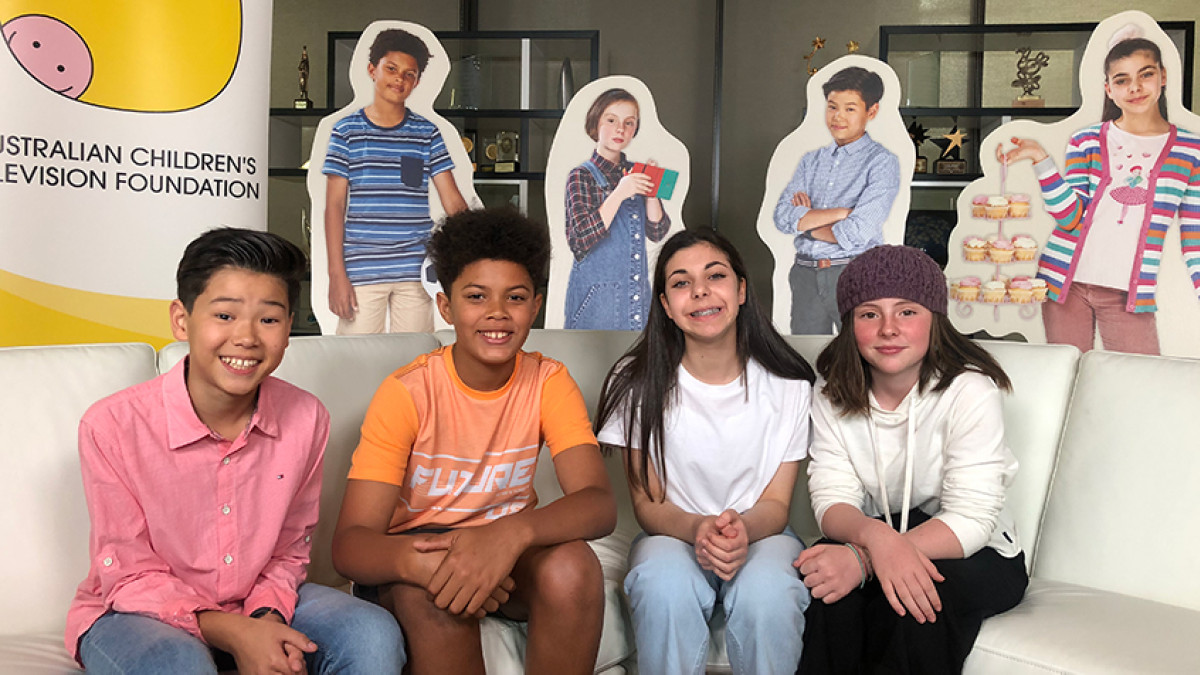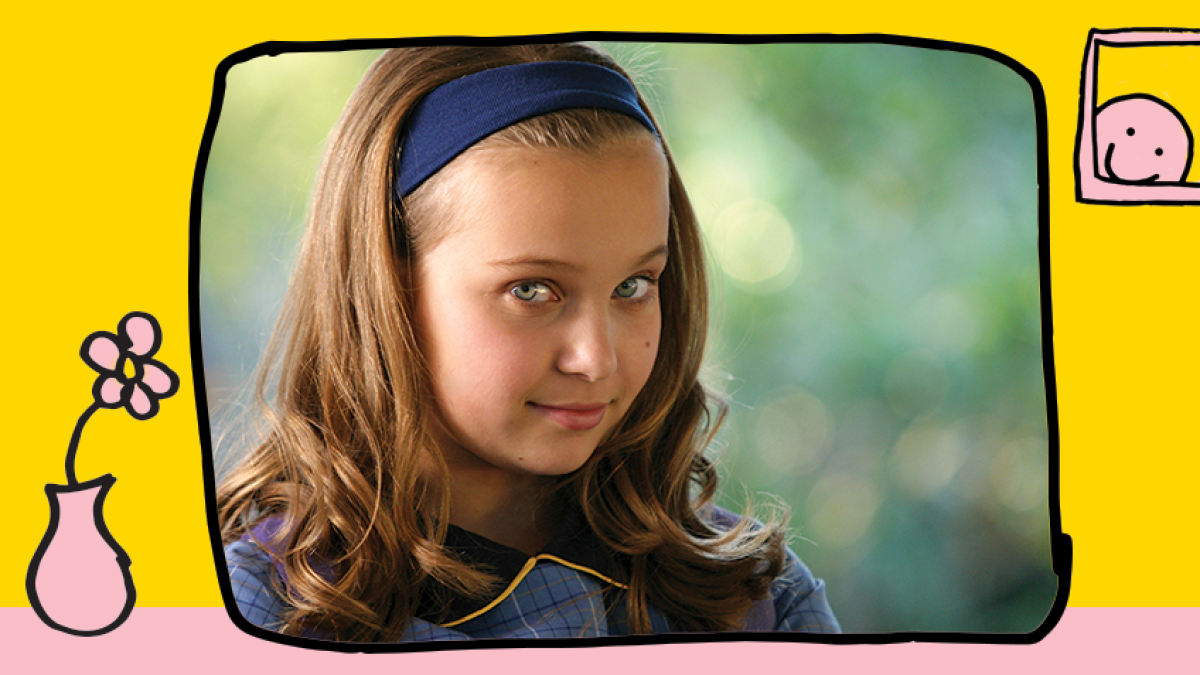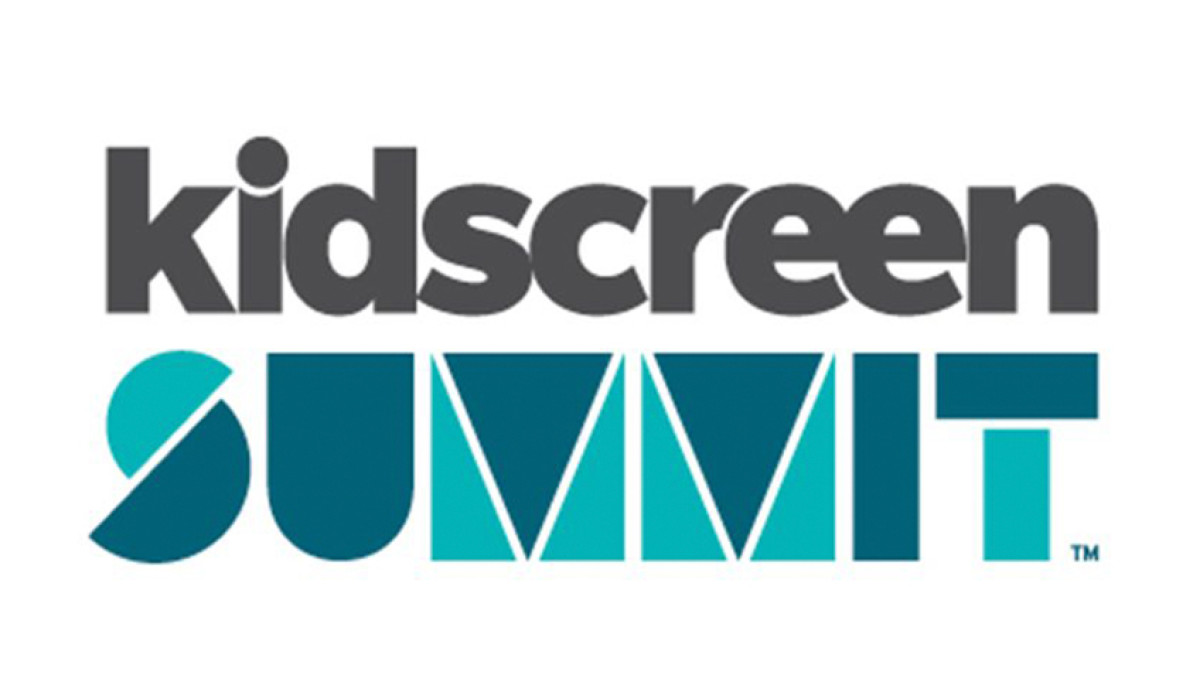ACTF News
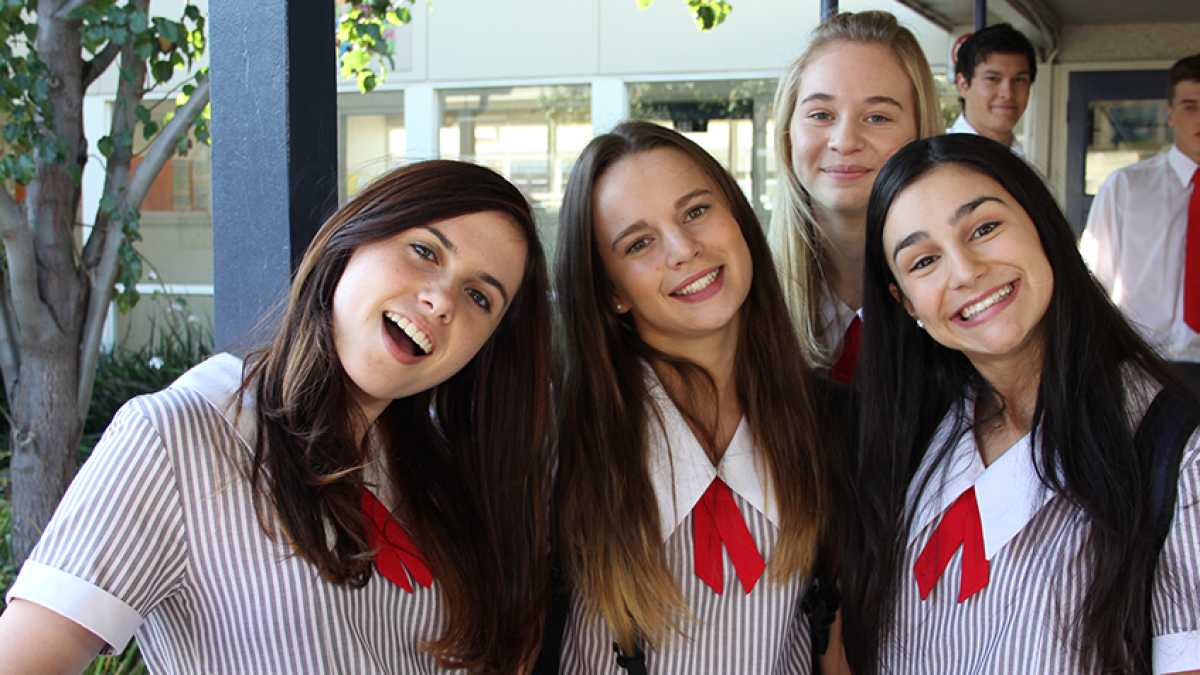
Term One is underway, and summer holidays are almost a distant memory. It's suddenly that time of the year again: teachers around the country are meeting their new students, and working hard to establish shared values and expectations for classroom behaviours. If you are looking for short-form content to help foster an inclusive environment, look no further than the ACTF Education shop.
Our factual entertainment series MY:24 includes a number of 12-minute documentaries about the impact of bullying, how to handle conflicts with friends, and valuing differences. These include the episodes 'Jake', 'Dave', 'Faith', 'Justin' and 'Dominic', which are ideal for secondary students. Students can also use the free MY:24 App as a way to share their personal stories with new classmates.
The fictional short film First Day (2017) follows main character Hannah as she finishes primary school and begins her secondary schooling. Hannah experiences all the excitement and fear associated with this transition, but her first day of high school is even more significant: it’s the first day she will wear a girl’s uniform to school and go by her chosen name, rather than the boy’s name she was given at birth.
The free First Day Teaching Toolkit supports teachers who are using this important film in the classroom. This resource explores key themes from the film, and helps students to prepare for, process, and reflect on their own transitions to secondary school. The learning tasks encourage inclusive behaviours by reminding students that we are all more alike than we are different.
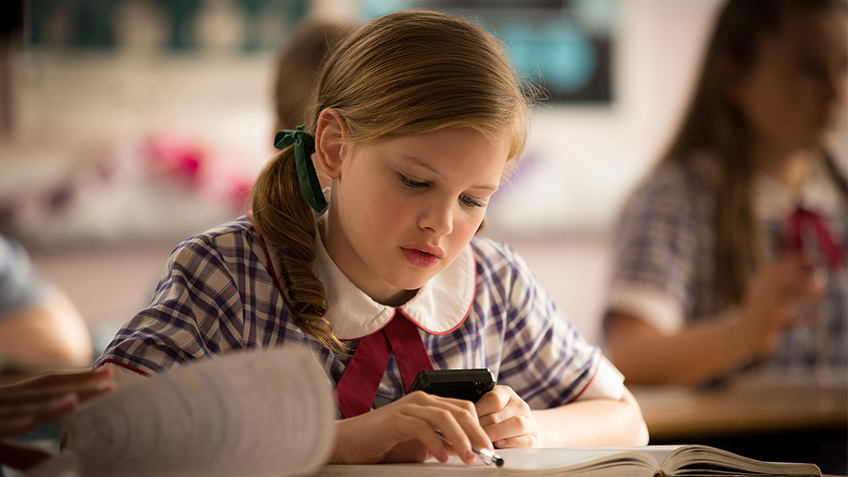
For middle to upper primary students, comedy series Hardball shares the ups and downs of settling into a new school. When Mikey moves from New Zealand to Western Sydney, he finds himself in the thick of the ultra-competitive schoolyard game of handball – a sport he had never played back home. He learns the lay of the land and develops enviable handball skills with the help of his new friends, Jerry and Salwa. Focused on the General Capabilities, the free Hardball Teaching Toolkit contains learning tasks for Year 3-6 students.
Little Lunch is another guaranteed hit with this age group. In the episode 'The Germblock', Tamara accuses Melanie of not washing her hands, and she is ostracised as a result. This episode is the perfect provocation for conversations about inclusive behaviours at school, and our free Little Lunch curriculum resource includes suggested learning tasks for the episode.
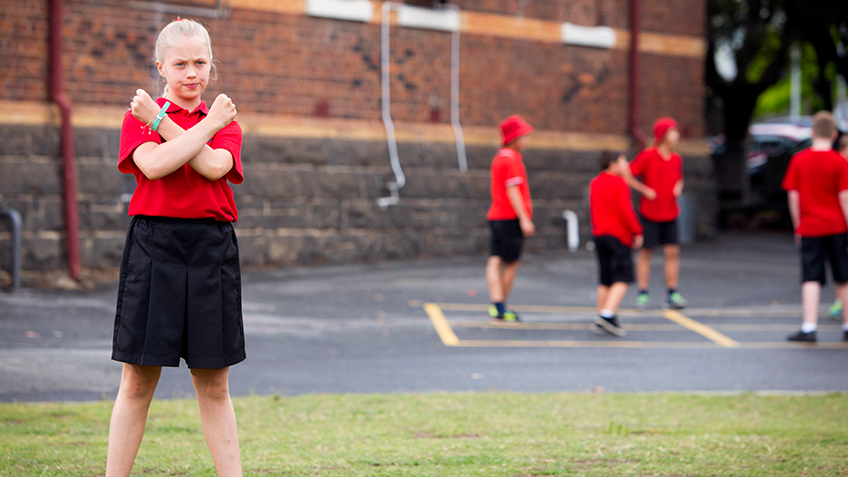
And for our youngest students, check out Little J and Big Cuz. This unique animated series was created by the Australian Council for Educational Research (ACER) to support the transition to school for Indigenous children and their families. However, teacher feedback tells us that the series is relevant to F-2 students in many classroom contexts, helping them to learn about the routines and expectations at primary school. Access the complete first series and matching teaching resources on the Little J and Big Cuz website, or stream the recently released series 2 on SBS On Demand.
The ACTF Education team wishes you and your students a wonderful start to the school year.

